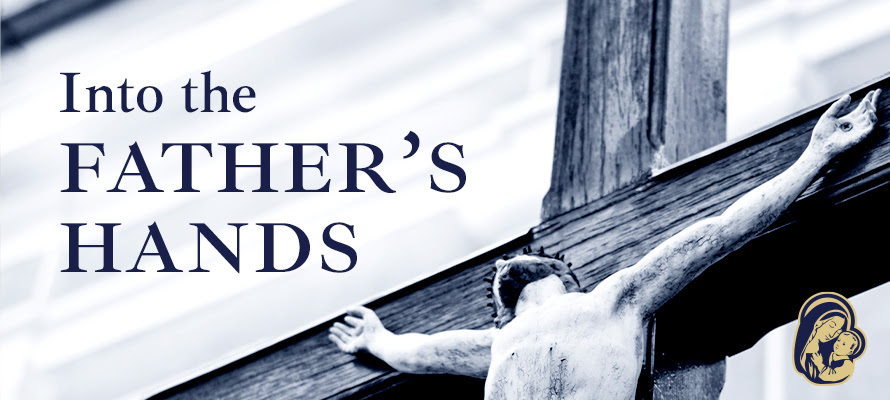Chronicles is a two-part book in the Old Testament, giving a condensed version of biblical history that begins with Adam, centers on David, and ends with a countdown to the Messiah, leading us up to Jesus. In 1 Chronicles 29, we have King David’s canticle of praise, which Pope St. John Paul II reflects on as a model for Christian prayer, emphasizing gratitude, humility, and recognition of God as the source of all good things.
First, David recognized God as the ultimate source of all blessing, accomplishments and possessions, as he declares in the canticle: “All things come from you, and of your own have we given you” (1 Chr 29:14). Thus John Paul II warns against the temptation to take credit for works done for God, noting: “The great temptation that is always lurking, when one accomplishes works for the Lord, is that of putting oneself at the center as if God were indebted to us.”
Several reflections in David’s canticle connect the Old Testament to the New. David’s understanding of God as father lead to the moment when God’s fatherhood is fully revealed in the Incarnation of the Son of God. Jesus taught us to call God “Our Father” and through Christ we become “sons in the Son.” And there is a Eucharistic connection as John Paul II draws parallels between David’s offering and the Christian liturgy, particularly the Eucharist, where we offer back to God “the things that we have received from him.”
David recognizes God’s dominion and authority: “All in heaven and on earth is yours” and “Yours is the sovereignty; you are exalted as head over all.” Thus St. John Paul II concludes with a call for us to remember our dependence on God, since “riches and honor come from you” and human kings are merely “images of divine kingship.” Christ is the true king of the universe.
You are invited to meditate on 1 Chronicles 29:10-13: Blessed are you, Lord God our father
From 1 Chronicles 29 emerges the two prayers in the Mass which the priest uses to offer the bread and wine destined to become the Body and Blood of Christ: “Through your goodness we have received this bread, fruit of the earth and of human work; we present it to you so that it may become for us the bread of eternal life” (N.B. literal translation of offertory prayer).
